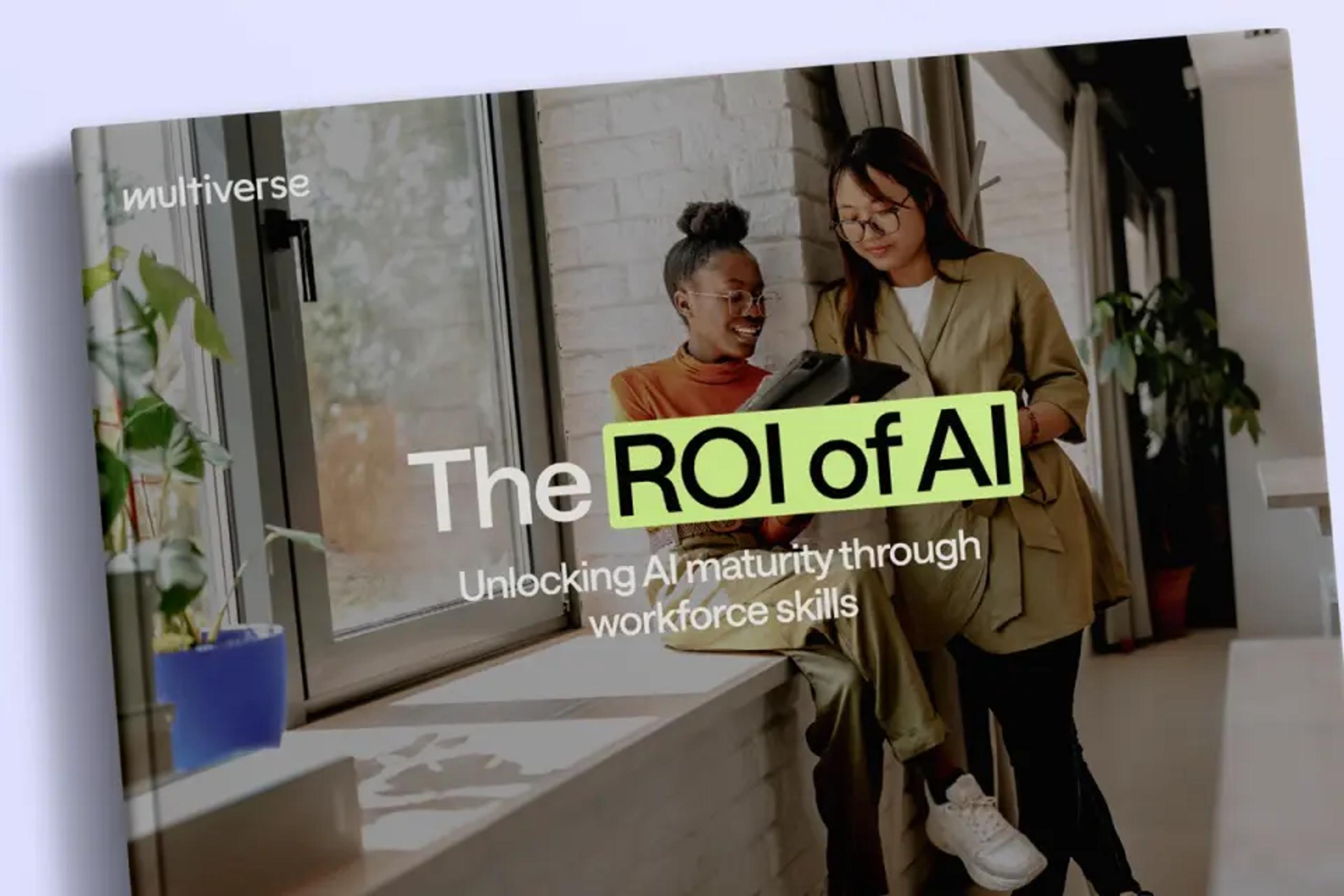Contents
The speed with which the pandemic roared through the UK and the rest of the world left leaders forced to change how they work. They have to move quickly to make critical decisions and implement massive organisational changes in an attempt to stay afloat. But with no visible timelines for when this will end, businesses need to set themselves up so they can move readily when the time presents itself.
From capitalising on the opportunities opened up around digitalisation, to using data to advance the way we think and operate, to mitigating risk - here's what we've learnt from the public sector industry during this time of rapid reprioritisation:
1. The lift-and-shift approach doesn’t work
When responding to the accelerated digitalisation brought on through the shift to remote working, it is clear that taking in-person interactions and transplanting them into the digital space is not a long-term solution.
Without time to prepare, lifting and shifting traditional ways of working was a good interim solution, but it doesn’t effectively serve the new user journey or needs of your remote-working employees. To be truly customer-centric, organisations need to innovate. And that starts with realising that the new reality requires new ways of thinking.
2. There’s an opportunity to rethink how we do things by using data
The shift means that it is now critical for businesses to have people with the relevant skills to analyse and interpret data. To keep pace with the digitally accelerating world, organisations need to use data to advance the way they operate, and ultimately make them more effective, efficient, and customer-centric.
By upskilling teams internally with the relevant digital and data skills, the public sector has started to use data to drive systematic changes at an organisational level. Upskilling in Data enables employees to access, analyse and use it to make better decisions.

3. A degree doesn’t define the workforce equipped for the future
Having a university degree should no longer be a technical requirement to do a job. There are a huge number of candidates that have chosen not to go to university that have desirable qualities that are most sought-after when hiring entry-level talent, such as digital-first approach, growth mindset and ability to thrive in the organisation.
To ensure a workforce equipped for the future, leaders should be looking to hire individuals who continuously learn and develop their skills and capabilities. A university degree doesn’t guarantee this.
4. Morale is up, but self-motivation is an issue
In a digital-first environment, the use of technology has had a positive impact on inclusivity, with more people reporting that they feel more included at work. When combined with reports of more opportunity for autonomy, greater transparency and collaboration, it’s not surprising that leaders have seen a positive change in the motivation and resilience of their teams.
Where leaders are seeing risk is self-motivation. Self-motivation has become a challenge for a number of employees, which can in turn slow down innovation if not addressed quickly.
5. Mindset is just as important as skill set
Continuous learning, instead of an ‘injection’ of learning at the beginning of your career, is something we talk about continuously at Multiverse. With organisations being challenged at a relentless pace to deliver digital projects and automate, having people who demonstrate an aptitude for continuous learning is crucial.
“At Microsoft, we shifted from know-it-all to learn-it-all culture. We need to be on a permanent journey of learning, understanding, listening. That’s exactly what apprenticeships are about,” says Hugh Milward(opens new window), Microsoft(opens new window).
There’s an assumption that it’s quicker to achieve results by hiring senior professionals rather than investing time and effort in the development of young talent. This isn’t always the case. Apprentices can make a significant impact on their employer's long-term success by bringing to the table much-needed technical skills, high intent, and new ways of thinking.




